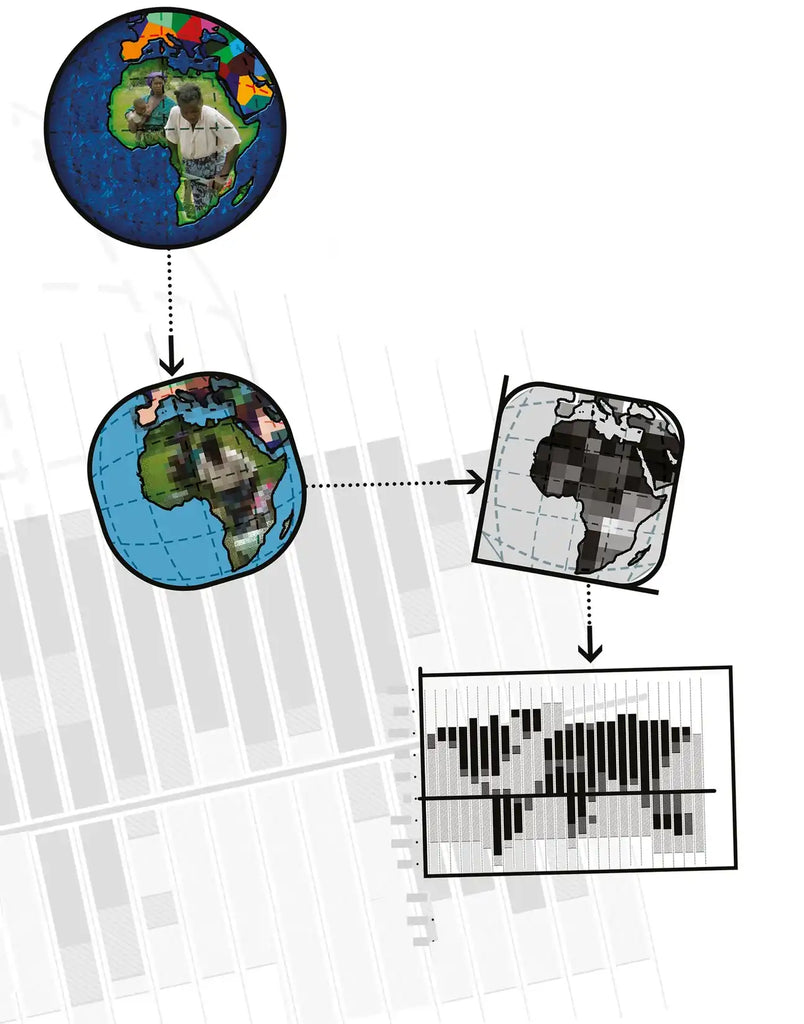Why context is important

‘Context is Everything’ is a term, much like ‘community-based’ and ‘government-led’, that is seldom challenged. However, taking context into account in the design and evaluation of health programmes and strategies has not become the new paradigm. There remains huge untapped potential to make use of existing tools to avoid incorrect assumptions that reduce or alter the intended impact of an intervention or policy. We have not achieved ‘Health for All’ in 50 years. We now have a new ambition, Universal Health Coverage, as one of the Sustainable Development Goals.
We present four case studies to illustrate how important context is in the design and evaluation of policies and interventions intended to improve health in Low and Middle Income Countries…

Why injecting more nurses into public hospitals in Bangladesh may not result in better quality of care
The vast majority of nurses in public hospitals in Bangladesh avoid direct contact with patients and deter nurses from doing so. The Western model of nursing, introduced during colonial rule,is incompatible with four key norms of society concerning women’s behaviour. Comparisons between the professions of nurses and sex workers have resulted. Policy implications: Injecting more nurses into public hospitals in Bangladeshis unlikely to improve quality of in-patient care
(read more)
Why interventions to reduce maternal mortality based on biomedical causes of death are less effective
The reduction of maternal mortality is a high public health priority, particularly in LMICs where Maternal Mortality Ratio is many times higher than HICs. While biomedical causes of death are used for country comparisons, information on influencing factors (often non medical) is more suitable as a tool for determining effective interventions to improve maternal health.
(read more)
Why increased utilisation of primary care services following the removal of user fees does not equate to access to the poor
An increase in utilisation of curative services in primary care facilities in Zambia following a policy of user fee removal was directly equated with increased access to the poor. However this was not the case and barriers to the poor remained.
(read more)
Does Universal Health Coverage promote antibiotic resistance?
Meeting UHC targets necessitates an increase in access to Primary Health care services, including curative care. However, in the current context of curative care consultations in primary care facilities the increase in access will result in an increase of antibiotic prescriptions not in accordance with treatment guidelines.
(read more)